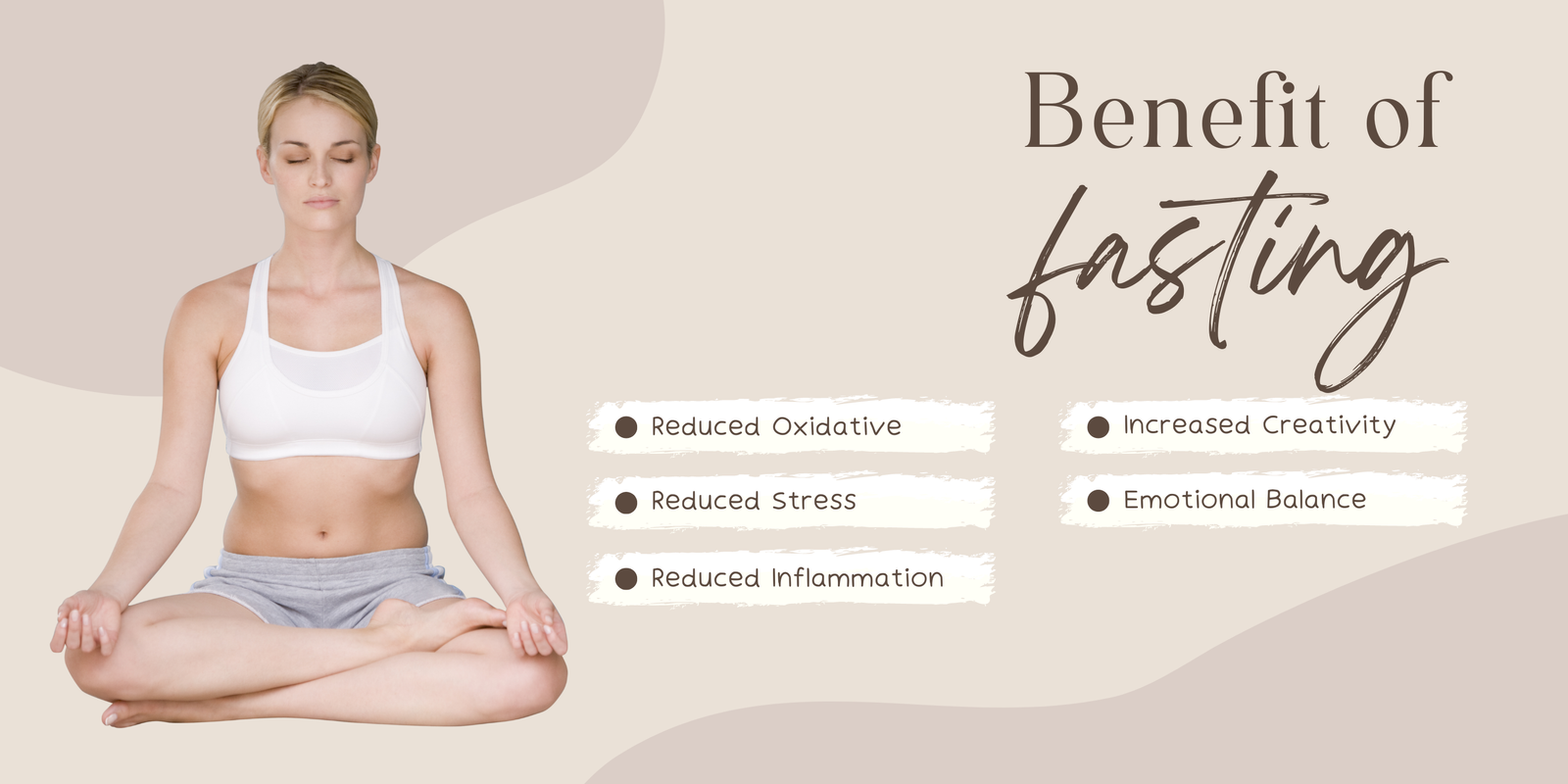Inflammation and oxidative stress play a big role in many long-lasting health problems. These issues affect heart diseases and brain disorders. Knowing how to reduce these processes is key to staying healthy for a long time. This blog will explain the science of inflammation and oxidative stress. It will also show how they affect our bodies. , we’ll talk about good ways to fight these problems.
What Are Inflammation and Oxidative Stress?
Inflammation occurs when the body reacts to harm or infection. The body needs acute inflammation to heal. It isolates and removes harmful things and starts to repair tissue. But chronic inflammation lasts a long time. It can cause health problems. These include heart disease, arthritis, and some cancers.
Oxidative pressure happens whilst the body’s loose radicals and antioxidants are out of stability. Free radicals are risky molecules that damage cells. Antioxidants neutralize loose radicals. This imbalance can hurt cells. Scientists hyperlink it to growing old and many illnesses.
The Link Between Inflammation and Oxidative Stress
Chronic inflammation and oxidative pressure are carefully interconnected. Free radicals generated in the course of oxidative strain can cause inflammatory pathways, at the same time as inflammation can in addition boom oxidative strain by way of producing extra free radicals. This vicious cycle can perpetuate tissue damage and make contributions to ailment progression.
Health Impacts of Chronic Inflammation and Oxidative Stress
- Cardiovascular Diseases: Chronic inflammation and oxidative stress play significant roles in the development of atherosclerosis, where plaque builds up in the arteries, leading to heart attacks and strokes.
- Neurodegenerative Disorders: Diseases like Alzheimer’s and Parkinson’s have been linked to oxidative stress and inflammation in the brain, leading to neuronal damage and cognitive decline.
- Cancer: Persistent inflammation can cause DNA damage and promote the growth and spread of cancer cells.
- Diabetes: Oxidative stress and inflammation contribute to insulin resistance, a hallmark of type 2 diabetes.

Strategies to Reduce Inflammation and Oxidative Stress
1. Diet
- Antioxidant-Rich Foods: Incorporate foods high in antioxidants, such as berries, nuts, dark leafy greens, and dark chocolate. These foods help neutralize free radicals and reduce oxidative stress.
- Omega-3 Fatty Acids: Found in fatty fish like salmon, flaxseeds, and walnuts, omega-3s have anti-inflammatory properties and can help lower chronic inflammation.
- Fiber: A diet high in fiber, particularly from whole grains, fruits, and vegetables, can reduce inflammation by promoting gut health and regulating blood sugar levels.
2. Regular Exercise
Exercise has been shown to reduce markers of inflammation and oxidative stress. Moderate aerobic exercise, strength training, and activities like yoga can help maintain a healthy balance in the body.
3. Stress Management
Chronic stress can exacerbate inflammation and oxidative stress. Techniques such as mindfulness, meditation, deep breathing exercises, and adequate sleep are essential for stress reduction and overall health.
4. Supplements
Certain supplements can support the body’s fight against inflammation and oxidative stress:
- Vitamin C and E: These vitamins are potent antioxidants that can help reduce oxidative stress.
- Curcumin: The active ingredient in turmeric, curcumin, has powerful anti-inflammatory properties.
- Resveratrol: Found in red wine and grapes, resveratrol can help reduce inflammation and oxidative damage.
5. Avoiding Toxins
Exposure to environmental toxins, such as pollution, pesticides, and tobacco smoke, can increase oxidative stress and inflammation. Reducing exposure by choosing organic foods, avoiding smoking, and using air purifiers can be beneficial.
Lifestyle Changes for Long-Term Benefits
Adopting a holistic approach to reducing inflammation and oxidative stress involves making sustainable lifestyle changes:
- Healthy Eating Habits: Focus on a balanced diet rich in whole foods and low in processed foods and sugars.
- Regular Physical Activity: Aim for at least 150 minutes of moderate aerobic activity or 75 minutes of vigorous activity per week, combined with muscle-strengthening exercises.
- Quality Sleep: Prioritize sleep by maintaining a regular sleep schedule and creating a restful environment.
- Stress Reduction: Incorporate daily practices that promote relaxation and mental well-being.
Conclusion
Stopping ongoing illnesses and boosting overall health depends on lowering irritation and oxidative stress. You can make big improvements to your well-being if you get how these processes work and use diet, lifestyle, and supplement tactics. Keep in mind, getting healthy takes time – it’s not a quick fix. Small changes that you stick with can lead to big gains down the road.

